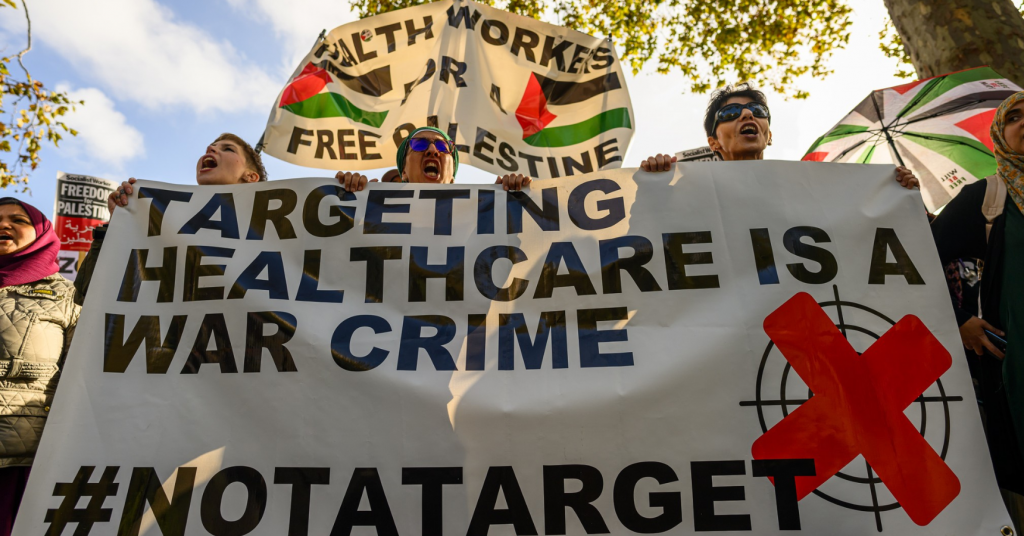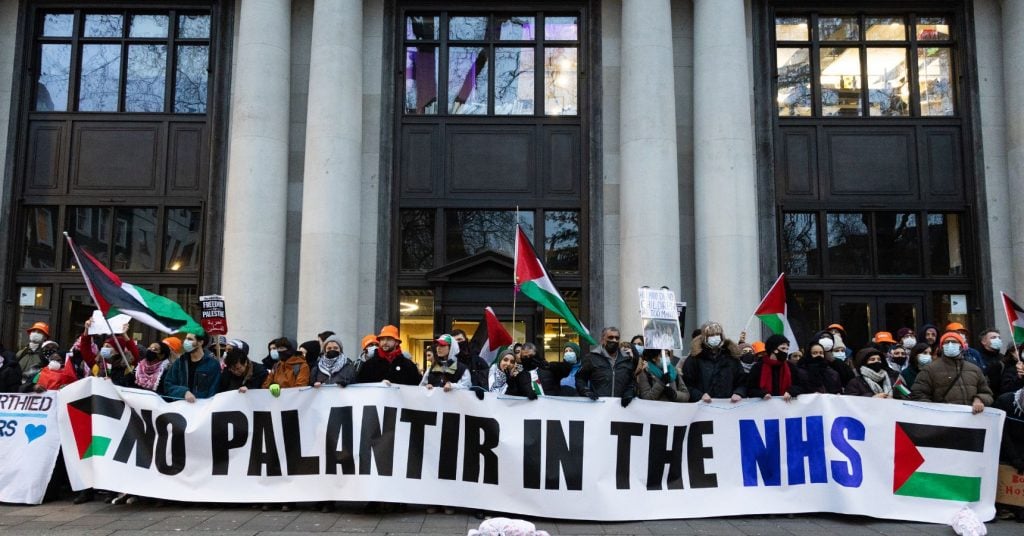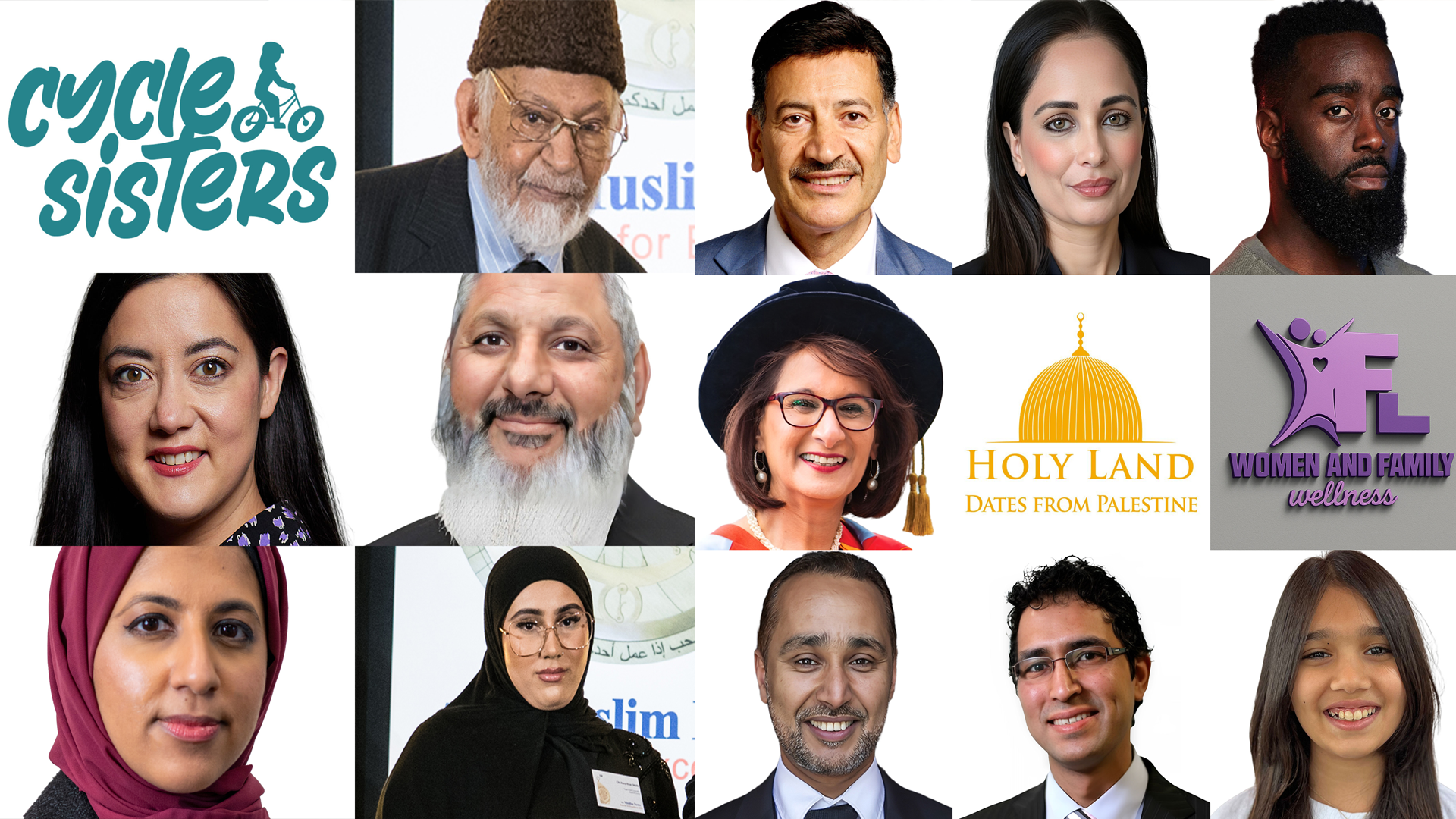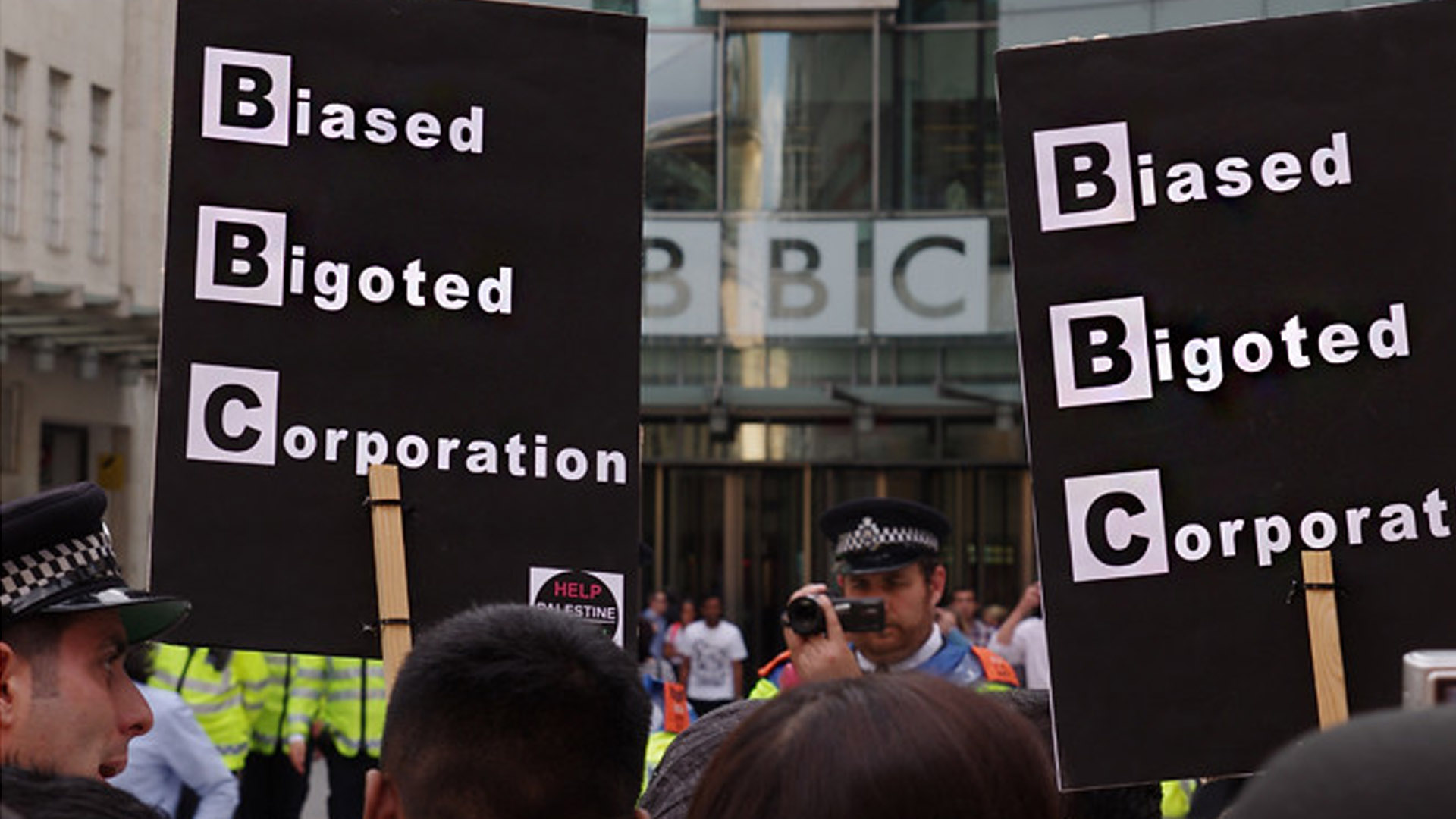
Elham Asaad Buaras
The British Medical Association (BMA), the UK’s foremost professional body for doctors, has voted to suspend engagement with the Israeli Medical Association (IMA) following a series of motions passed at its Annual Representative Meeting (ARM) held in Liverpool from June 24 to 27.
The decision reflects intensifying concern among British healthcare professionals over Israel’s military operations in Gaza, particularly the devastating toll on Palestinian health workers, medical infrastructure, and the broader humanitarian crisis unfolding in the region. The pivotal emergency motion passed during the ARM stated that the BMA should “suspend engagement with the IMA until it affirms medical neutrality and condemns attacks on healthcare in Gaza.”
This policy shift was driven by accusations that the IMA has remained silent in the face of what the BMA described as the “killing, arrest and targeting of Palestinian healthcare workers and facilities.”
Steve Anderson, senior media officer at the BMA, confirmed that once passed, motions at the ARM become binding BMA policy. The BMA Council is now tasked with determining the practical steps for implementation.

In addition to voting to sever ties with the Israeli Medical Association, BMA delegates passed four major motions.
These included opposition to the UK government’s use of Palantir, a US data firm linked to militarised surveillance and alleged human rights abuses; a clear affirmation that criticism of Israel is not inherently antisemitic and a defence of medical professionals’ right to speak out against violations of international law; condemnation of the destruction of Gaza’s healthcare system and the killing of over 1,000 healthcare workers since October 7, 2023, along with calls for the UK to support legal proceedings at the ICC and ICJ; and support for students and healthcare professionals penalised for pro-Palestine advocacy, with a call for institutions to revoke such disciplinary actions.
Dr Ahmed Sewehli, a Manchester-based psychiatrist and member of Healthworkers for Palestine, played a key role in lobbying for the motions. He organised a fringe event near the conference centre that drew around 100 participants and featured testimonies from medics who had served in Gaza.
“Every single health worker, social worker, nurse that I have spoken to are appalled by what’s happening in Gaza,” said Dr Sewehli. “These motions that were passed at the BMA, just the fact that they were debated, is some kind of freedom for people to express their views.”
He stressed that the motions received “overwhelming support,” and highlighted that many Jewish BMA members voted in favour, further underscoring the cross-sectional backing for the initiative. Dr Sewehli had previously submitted a similar motion in 2008 during another Israeli offensive on Gaza, but it failed to pass at the time.
The BMA’s official statement, published on July 4, reaffirmed the organisation’s longstanding calls for a ceasefire in Gaza, unrestricted access for medical and humanitarian aid, an independent investigation into attacks on Palestinian healthcare workers and facilities, the lifting of the blockade on Gaza, and full adherence to international humanitarian law.
The BMA emphasised that while it condemned all violence against healthcare workers and institutions, the Israeli Medical Association must explicitly reaffirm the principle of medical neutrality, a cornerstone of international medical ethics.
Despite the gravity of the motions and their near-unanimous support, the story has received minimal coverage in mainstream British media. Activists and delegates alike expressed frustration at what they perceived as a deliberate media blackout. “This is quite a victory,” said Dr Sewehli. “We are sad that it has not been reported in the mainstream British press, even though they were present.”
The BMA’s new stance marks a historic moment in UK medical politics, aligning the association with growing international demands for accountability over alleged war crimes in Gaza and support for Palestinian health professionals facing oppression.
(Header photo credit: Mohamed Ibrahim Metawe/Medact)


